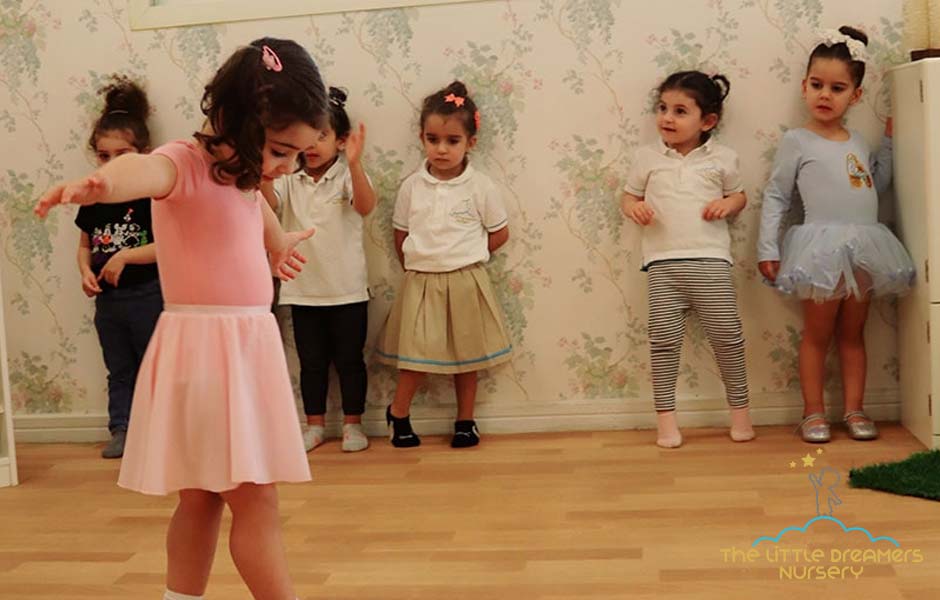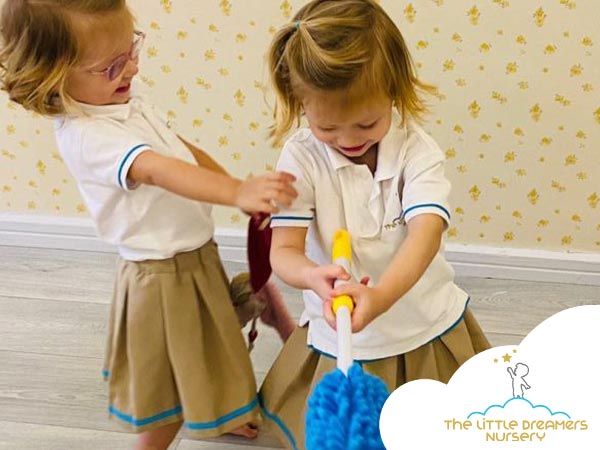As adults, we fill our days with rituals that help us stay on track, from getting ready in the morning to hitting the gym. Toddler Daily Schedules and Routines that allow for some flexibility and space benefit children. The following are the reasons a consistent toddler daily schedule is vital. Let’s look at some schedules for toddlers at home.
Toddler Daily Schedules and Routines Provide a Sense of Consistency and Security
Toddler Daily Schedules and Routines benefit your child because they help them feel secure. Predictability as routines is, it is especially helpful for teaching young children how the world works and what they should expect. Children, especially infants and toddlers, benefit from routines that help them feel secure in their surroundings and in your care.
The Social, Emotional, and Mental Growth of Newborns and Toddlers can be influenced by Establishing and Sticking to Routines

Toddlers and infants who have established routines interact more positively with their surroundings and caregivers. Young children develop a sense of independence as they become accustomed to their routines and the tasks associated with them. Reducing problematic behaviors (tantrums, biting, etc.) in infants and toddlers and older children can be achieved through the use of routines, provided that these routines are predictable, provide adequate transition indicators, and allow for some flexibility.
Simple, Every-day Toddler Daily Schedules and Routines Can Be Turned into Educational Opportunities
The simplest Toddler Daily Schedules and Routines can be a source of education for toddlers and preschoolers. For instance, you can start lessons on proper hygiene practices like hand-washing before meals and regular tooth brushing. These common activities can also serve as opportunities to engage in meaningful conversation with young children and foster their growth as communicators.
16 Simple Tips on How to Raise an Independent Child
Creates a Foundation for Positive and Productive Behavior
Good habits can be formed by adhering to a routine, such as brushing your teeth after every meal or finishing your homework every afternoon. Children who put in the time to develop these abilities will have an easier time scheduling their days. They’ll develop more self-control as they age, showing it in their improved hygiene, diet, and housekeeping.
Toddler Daily Schedules and Routines Strengthens Ties within a Family
A child’s understanding of value develops when they have a sense of routine and observe the family’s habits, so Toddler Daily Schedules and Routines are essential. Values, beliefs, and interests can be strengthened through this bond. The child may learn, for instance, the value of sharing a Saturday morning breakfast. They understand the significance of quality time spent with loved ones as a family. Your child will learn these customs even at a young age. Regular, significant activities strengthen the links within the family.
Toddler Daily Schedules and Routines By Age
Here are the Toddler Daily Schedules and Routines for each age group:
- 12 to 24 Months: Here’s the daily schedule for 1 year old. On your child’s first birthday, you can begin establishing a routine for your toddler. Your child will learn to expect daily routines (a diaper when you wake up, lunch when you take out their special plate.) Always being there for them instills a sense of safety that encourages children to venture out and see the world.
- 24 to 36 Months: Here’s the daily schedule for 2 year old. Sudden shifts frustrate middle toddlers because they put so much effort into understanding their environment. That’s why having a routine while your child is young is so helpful. Your two-year-old can finally satisfy their demand for order and consistency with these. So don’t be shocked if your young child insists on the same food, outfit, or song every day.
- 36 to 48 Months: Here’s the daily schedule for 3 year old. At 3, when children recognize their fragility, it might give rise to further anxieties and concerns. These children benefit from consistent routines because they feel more secure. Older toddlers, much to their parents’ relief, are no longer dependent on meticulously adhered-to schedules for toddlers. Adding a wacky verse to a well-loved song, coming up with fun new words to use when reading a favorite bedtime story are all examples of how we can make their daily routines more fun! A 4 year old schedule is almost the same as this one.
The Bottom Line
Your child can thrive on Toddler Daily Schedules and Routines, but that doesn’t mean your life has to be structured. Instead, focus on maintaining a consistent flow of actions rather than worrying about the exact timing. Making and sticking to a timetable that accommodates everyone in the household is essential. In our nursery in Dubai, we try our best to establish the best and most beneficial routines based on your opinion and the needs of your children. Feel free to give us a call and learn how we can help you.









